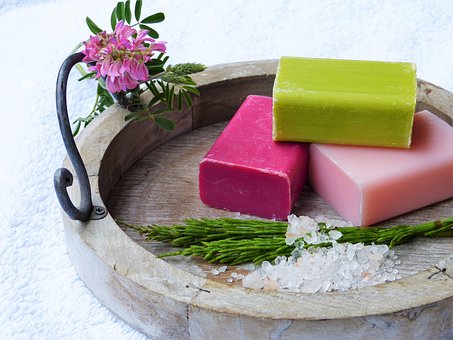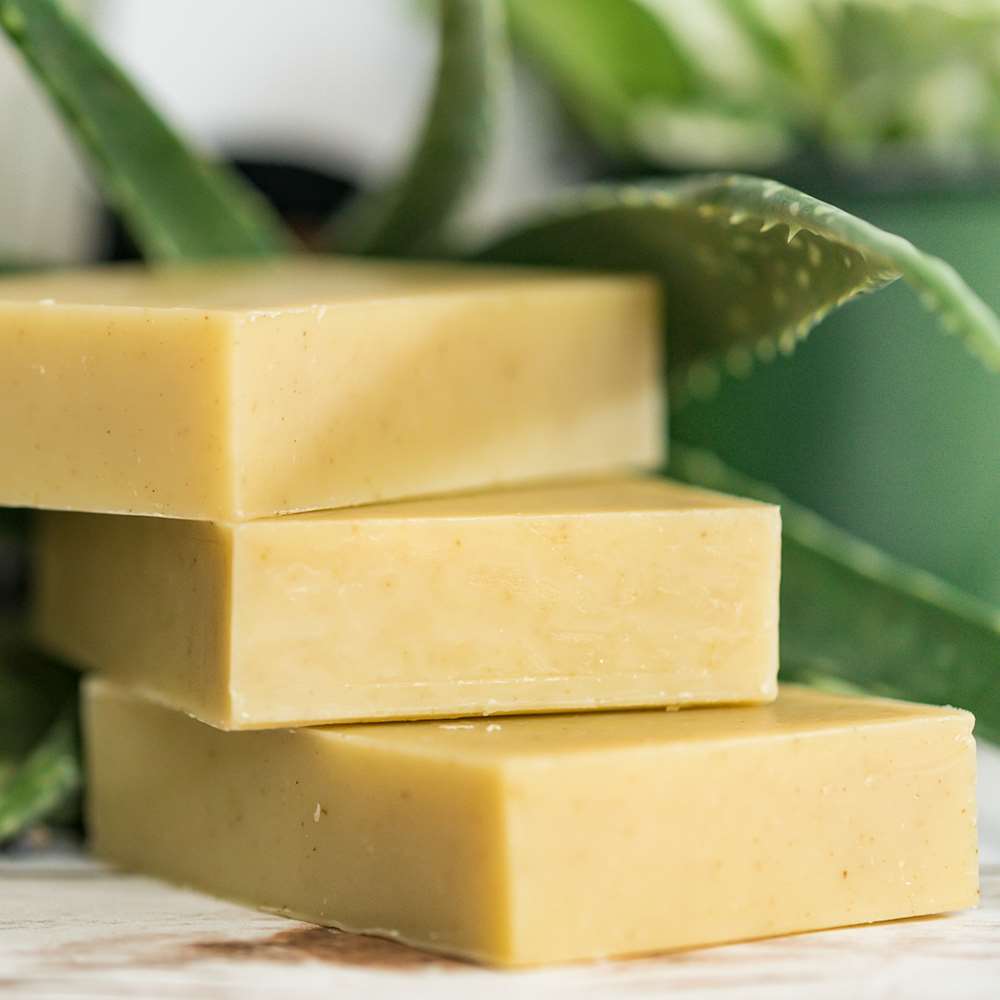What is Toilet Soap and What are the Different Types?
Toilet soap is a type of soap that is designed for personal hygiene and is intended to be used on the human body. It is usually made from a combination of vegetable or animal fats and oils, along with other ingredients such as fragrance, colorants, and preservatives.

There are several different types of toilet soap, including:
- Bar soap: This is the most common type of toilet soap and is typically sold in a bar shape. It can be made from a variety of ingredients and can be scented or unscented.
- Liquid soap: This type of toilet soap is sold in a liquid form and is commonly used for handwashing. It is often packaged in a pump bottle for convenience.
- Antibacterial soap: This type of toilet soap contains an antibacterial agent, such as triclosan or benzalkonium chloride, which is intended to kill bacteria on the skin.
- Medicated soap: This type of toilet soap contains ingredients such as coal tar or salicylic acid, which are intended to treat skin conditions such as acne or psoriasis.
- Transparent soap: This type of toilet soap is made using a process that involves dissolving the soap in alcohol and then evaporating the alcohol. This results in a clear, translucent soap.
- Glycerin soap: This type of toilet soap contains glycerin, which is a humectant that helps to draw moisture to the skin. It is often used by people with sensitive skin.
- Organic soap: This type of toilet soap is made from organic ingredients and is free from synthetic chemicals and additives. It is often marketed as a more natural and environmentally friendly alternative to conventional soap.
What Are The Benefits of Using Natural Toilet Soap?

Natural toilet soap is made from ingredients that are derived from natural sources, such as plants or minerals, and does not contain synthetic chemicals or additives. Here are some of the benefits of using natural toilet soap:
- Gentle on Skin: Natural toilet soap is typically gentler on the skin than conventional soaps, as it does not contain harsh chemicals that can strip the skin of its natural oils or cause irritation.
- Environmentally Friendly: Natural toilet soap is better for the environment than conventional soaps, as it does not contain synthetic chemicals that can pollute waterways or harm wildlife.
- Hydrates Skin: Natural toilet soap often contains moisturizing ingredients, such as shea butter or coconut oil, that can help to hydrate and nourish the skin, leaving it soft and supple.
- Non-Toxic: Natural toilet soap is free from synthetic chemicals and additives, which means it is less likely to cause allergic reactions or other adverse health effects.
- Aromatherapy Benefits: Many natural toilet soaps contain essential oils, which can provide aromatherapy benefits such as stress relief, relaxation, or invigoration.
- No Animal Testing: Natural toilet soap is often cruelty-free, meaning it has not been tested on animals.
- Overall, natural toilet soap is a great choice for people who are looking for a more eco-friendly, gentle, and non-toxic alternative to conventional soaps. It provides many benefits for the skin and can be a great way to indulge in a little bit of self-care.
How to Choose the Right Type of Toilet Soap for Your Needs?

Choosing the right type of toilet soap for your needs can be overwhelming, as there are many options available. Here are some factors to consider when choosing a toilet soap:
- Skin Type: Consider your skin type when choosing a toilet soap. If you have sensitive skin, look for soaps that are free from fragrance and other potential irritants. If you have dry skin, choose a soap that contains moisturizing ingredients such as glycerin or shea butter.
- Ingredients: Look for soaps that are made with natural ingredients and avoid those that contain synthetic chemicals or preservatives that can be harmful to your skin.
- Purpose: Consider the purpose of the soap. For example, if you need a soap for handwashing, a liquid soap may be more convenient than a bar soap. If you need a soap for treating acne or other skin conditions, look for a medicated soap.
- Fragrance: Consider the fragrance of the soap. If you have allergies or sensitive skin, look for soaps that are fragrance-free or scented with natural essential oils.
- Brand Reputation: Consider the reputation of the brand when choosing a toilet soap. Look for brands that are known for producing high-quality, natural soaps that are gentle on the skin.
- Budget: Consider your budget when choosing a toilet soap. Natural and organic soaps may be more expensive than conventional soaps, so choose a soap that fits within your budget.
Overall, choosing the right type of toilet soap depends on your individual needs and preferences. By considering factors such as skin type, ingredients, purpose, fragrance, brand reputation, and budget, you can find a soap that works for you and keeps your skin clean, healthy, and moisturized

